Are Dryer Sheets Bad for Clothes?
When it comes time to doing your laundry, each and every one of us have our own go-to laundry care products that we use religiously every time we do the laundry. Whether that be a favored laundry detergent, fabric softener, or even a go-to dryer sheet that is placed in every drying load you do in your home. Clothing dryer sheets are among one of the more popular laundry care items that people use to do their laundry, as it can provide various benefits to your clothing like softening the fabric and reducing electric static on the material. However, although this laundry care product provides benefits to the clothing material it can also stir up and present many cons to the clothing material, the dryer, and even impact human health by sparking allergies/asthma in some cases.
Laundry dryer sheets are composed of different types of chemicals and these chemicals can be potentially hazardous to your clothing and even to the health of those that are wearing the clothes on their body for long periods of time. These chemicals when they are placed on the skin will become absorbed and eventually get into the bloodstream which can adversely impact health, thus the use of dryer sheets may be something that should be avoided especially for those who suffer from asthma and allergies.
In this article we are going to learn more about dryer sheets and how they affect your clothing and your health and discuss what is the best alternatives to dryer sheets in your laundry cycle.
What are Dryer Sheets
 When doing your laundry have you ever come across missing clothing that you find clinging onto other clothing in your laundry load – this can especially happen with smaller clothing garments like socks and underwear! The reason behind these clinging materials is most likely static that has formed to allow these fabrics to combine together in the dryer. Static develops inside of a dryer when clothing fabrics get over-dried, which will allow the invitation of static electricity to occur and lead to the clinging of the garments in the laundry cycle. Therefore, over the years many people have turned to dryer sheets and/or fabric softeners to help alleviate the static issue in their laundry cycle, as these products work specifically to reduce this problem from occurring to your fabrics in the dryer.
When doing your laundry have you ever come across missing clothing that you find clinging onto other clothing in your laundry load – this can especially happen with smaller clothing garments like socks and underwear! The reason behind these clinging materials is most likely static that has formed to allow these fabrics to combine together in the dryer. Static develops inside of a dryer when clothing fabrics get over-dried, which will allow the invitation of static electricity to occur and lead to the clinging of the garments in the laundry cycle. Therefore, over the years many people have turned to dryer sheets and/or fabric softeners to help alleviate the static issue in their laundry cycle, as these products work specifically to reduce this problem from occurring to your fabrics in the dryer.
Prior to dryer sheets, the go-to solution for static clothing problems and stiff materials after washing and drying them was the use of fabric softener, a liquid solution that is placed in the rinse cycle of your washing load. However, in the 1960’s they developed a simpler solution by treating small sheets of material with the liquid fabric softener that could be placed easily in the dryer cycle to help prevent static and keep clothes soft. When these dryer sheets were put in the dryer, the heat and moisture then warmed up the fabric softener and spread it across the entire laundry load of clothing – working perfectly and efficiently to protect your garments. However, over time there has been increasing risk factors correlated to this chemical treated laundry product – particularly for those who suffer from chemical sensitivities and/or allergies and asthma.
Why Use Dryer Sheets
As we discussed previously, the development of dryer sheets was created to help guard clothing from the buildup of static electricity during the machine drying process of the laundry cycle. They also work to soften clothing fabrics that may become stiff after multiple washes and exposure to laundry care products like detergent. But wait, there are even more uses for dryer sheets that can include helping to resist future stains, prevent clothing from collecting lint, and it can even make the job of ironing the fabrics a breeze, according to the Clean Cult. This powerfully effective and versatile laundry product can provide an array of uses and benefits to your clothing while undergoing the laundry process – and some people may even use the dryer sheets to simply add a fresh burst of scent onto the clothes! Although, these dryer sheets seem like a must for all laundry cycles it is important to avoid using them with every laundry load – as some fabrics like moisture-wicking clothes will have an adverse reaction to the chemical dryer sheet and your dryer may even be affected after heavy use.
Additionally, dryer sheets can even be used outside of the laundry care routine of the dryer, it may be used throughout the home to perform a variety of different functions such as dusting, freshening up stinky drawers, and any other places that contain a hidden odor that has tainted the space.
How Do Dryer Sheets Work
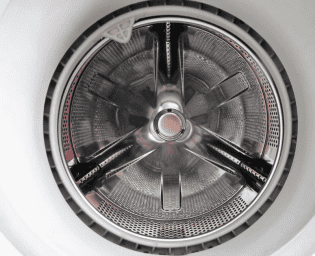 Something that we often don’t think about before using dryer sheets in the laundry cycle is how do they work and what are they really made of – and the answer is an array of different chemical agents that give the dryer sheet it’s wide array of capabilities. Most dryer sheets are tiny pieces of fabrics constructed of non-woven synthetic fabrics, these fabrics are put through a treatment process where they are coated with a solution of a quaternary ammonium salt or a silicone oil-based fabric softener, according to the Spruce. When these dryer sheets are placed in a heated-environment like the dryer, the heat will soften the fabric softener on the dryer sheet allowing the treated coating to spread to the fabrics within the dryer – and this solution is what makes the fabrics soft after the laundry process while also fighting off static electricity during the drying cycle.
Something that we often don’t think about before using dryer sheets in the laundry cycle is how do they work and what are they really made of – and the answer is an array of different chemical agents that give the dryer sheet it’s wide array of capabilities. Most dryer sheets are tiny pieces of fabrics constructed of non-woven synthetic fabrics, these fabrics are put through a treatment process where they are coated with a solution of a quaternary ammonium salt or a silicone oil-based fabric softener, according to the Spruce. When these dryer sheets are placed in a heated-environment like the dryer, the heat will soften the fabric softener on the dryer sheet allowing the treated coating to spread to the fabrics within the dryer – and this solution is what makes the fabrics soft after the laundry process while also fighting off static electricity during the drying cycle.
Allergic to Dryer Sheets
Have you begun to notice that your experiencing what seems like allergic symptoms like rashes on your skin and even trouble breathing? When allergies begin to strike up in the human body, one of the hardest things is identifying the underlying causes behind this allergic reaction – whether it be something you ate, exposure to chemicals, or even a product that you used that your skin became exposed to like dryer sheets on your clothes. It has been found that some individuals are sensitive to fabric softeners and dryer sheets, as these popular laundry care products can cause itchy, irritant reactions to human health. According to WebMD, Dermatologist Amy Newburger, MD stated the following about an allergic reaction to dryer sheets;
“You see rashes in places that are covered by clothing and relative sparing where the clothing is not, that is a big giveaway to an allergic reaction dryer sheet.”
Allergic dermatitis is just one of the many potential hazards to using dryer sheets, and if you are someone who experiences this type of allergic reaction to dryer sheets or other laundry care products it is best to avoid the use of these products. Many people who struggle with these sensitivities will use non-toxic solutions that use less or no chemicals or masking agents, as the heavy use of chemicals in dryer sheets is usually the main cause of the allergic dermatitis reactions.
Chemicals in Dryer Sheets
There are many different chemicals that are used in the construction of dryer sheets that allow it to work in certain functions on the material of clothing, however, these chemicals can be hazardous which makes the use of these products unfavorable for many individuals. According to a study conducted by the Environmental Working Group, they found that of 171 studies, 83.33% of fabric softeners got either a D or F rating due to the chemical composition and construction of these products.
The most common ingredients that are found in dryer sheets and fabric softeners includes the following;
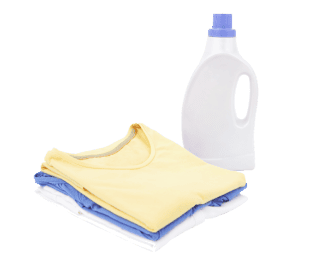 Benzyl acetate: A chemical that is used as a fragrance agent in many fabric softeners and dryer sheets – this is a colorless liquid that has a flowery scent similar to Jasmine. This chemical compound has been linked to many health issues like pancreatic cancer, and other less serious health effects like eye and respiratory irritation.
Benzyl acetate: A chemical that is used as a fragrance agent in many fabric softeners and dryer sheets – this is a colorless liquid that has a flowery scent similar to Jasmine. This chemical compound has been linked to many health issues like pancreatic cancer, and other less serious health effects like eye and respiratory irritation.- Limonene: A colorless liquid that contains a strong citrus smell when utilized in household products like dryer sheets. The most common household products that use limonene includes fabric softeners, shaving creams, bar soaps, disinfectant sprays and colognes. This chemical can cause irritation of the eyes, skin, throat, and nose, and this chemical is a known carcinogen.
- Alpha-Terpineol: Alpha-terpineol is a chemical that is a combustible liquid that is packed with a gentle lilac scent that is favored for use in fabric softeners and dryer sheets. The Environmental Health Network has found this chemical to cause central nervous system disorders, hypothermia, headaches, depression, and other irritation to the body in some cases.
- Ethyl Acetate: Ethyl acetate is a sweet-smelling colorless liquid that is used as a solvent and aromatic agent. Ethyl acetate has several health risks associated with it including kidney and liver damage, respiratory tract infections and anemia.
Are Dryer Sheets Bad for Clothes?
The use of dryer sheets in frequent laundry loads can start to deteriorate the clothing and leave behind thick residue on the material which can make it stiff and hard. The type of materials that you expose to dryer sheets is important, as there are several fabric types that can be damaged from the use of dryer sheets on the material. One type of clothing fabric that you do not want to use dryer sheets on are synthetic fibers – this material is commonly used in moisture-wicking clothing. Additionally, microfiber materials, lingerie, sleepwear, and swimwear should not be exposed to dryer sheets, as the chemicals used in this laundry product will unfavorable react with this clothing material.
If you find that you are washing these specific fabrics that are known not to interact favorably, it may be necessary to find alternative dryer sheets that contain less chemicals that will not negatively impact the fabric material. Below we are going to learn different alternatives to dryer sheets that are safer to use on delicate fabrics and for those that have sensitivities to the chemicals.
Alternative to Dryer Sheets
Instead of using potentially toxic dryer sheets in your laundry routine, a laundry care product that can possibly damage your clothing, many people are now turning to alternatives to dryer sheets that are a safer more logical choice for their clothing garments. The most commonly used alternatives can include wool dryer balls, white vinegar, baking soda, or even the addition of a laundry enhancer to remove the residual buildup of dryer sheets/fabric softener on your clothing fabrics and washing machine. If you are someone who is sensitive to chemicals than having an alternative solution that can repair the damaged to your clothing like the EnviroKlenz Laundry Enhancer is ideal and effective at restoring your clothes fabrics.
EnviroKlenz Laundry Enhancer for Chemical Removal on Fabrics
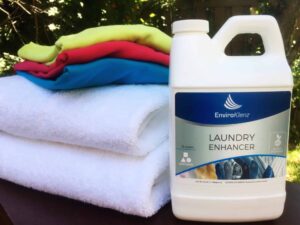 The EnviroKlenz Laundry Enhancer is a safe and effective laundry enhancer that removes stubborn laundry odors such as musty & mildew smells, fragrances from detergents, fabric softeners, and dryer sheets, perfume smell and scent, etc. The EnviroKlenz technology contains patented earth minerals that work to capture, contain, and neutralize a broad spectrum of noxious and toxic chemicals and odors from any source including clothing fabrics by using the specifically designed EnviroKlenz Laundry Enhancer. This laundry enhancer works alongside your normal everyday detergent to enhance its ability to remove those tough chemical odors like those left behind from dryer sheets on clothes.
The EnviroKlenz Laundry Enhancer is a safe and effective laundry enhancer that removes stubborn laundry odors such as musty & mildew smells, fragrances from detergents, fabric softeners, and dryer sheets, perfume smell and scent, etc. The EnviroKlenz technology contains patented earth minerals that work to capture, contain, and neutralize a broad spectrum of noxious and toxic chemicals and odors from any source including clothing fabrics by using the specifically designed EnviroKlenz Laundry Enhancer. This laundry enhancer works alongside your normal everyday detergent to enhance its ability to remove those tough chemical odors like those left behind from dryer sheets on clothes.
The EnviroKlenz Laundry Enhancer is safe for use on cotton, personal delicate, nylon, polyester, spandex, washable lace, washable rayon, washable wool, and all other washable fabrics. Not intended for use with bleach or on dry-clean-only fabrics, leather, satin, silk, and suede. This product is safe for the environment, made from proprietary materials. Safe to use in High-Efficiency washing machines.
Article Sources:
Laundry Enhancer Liquid
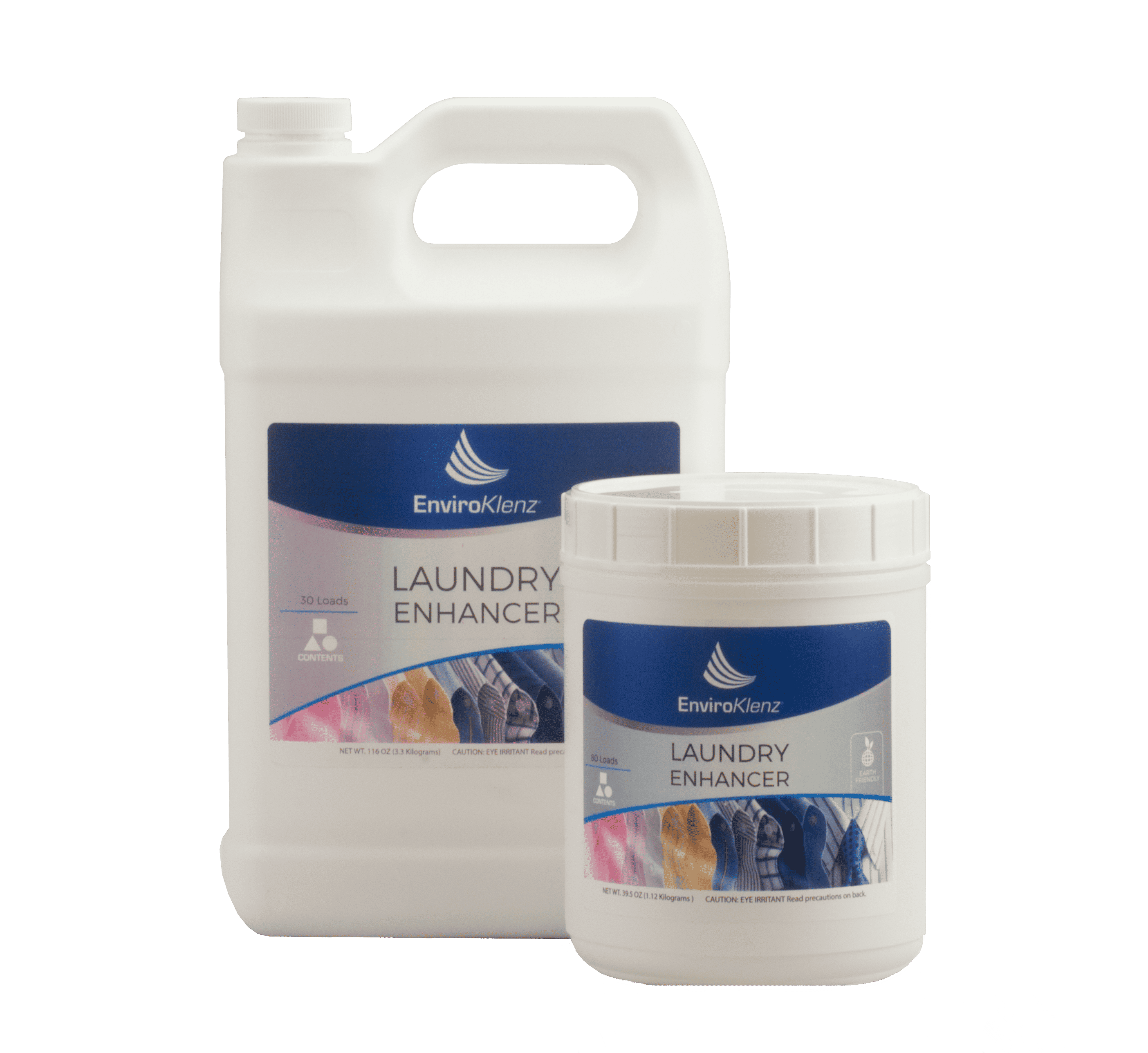
✓ Patented earth mineral technology works to attack VOCs and break them down on a compound level
✓ No chemicals or masking agents
✓ Works to remove chemical & malodors from all machine safe fabrics
✓ Easy and effective application, used in conjunction with a non-scented laundry detergent
Comments
Post a Comment